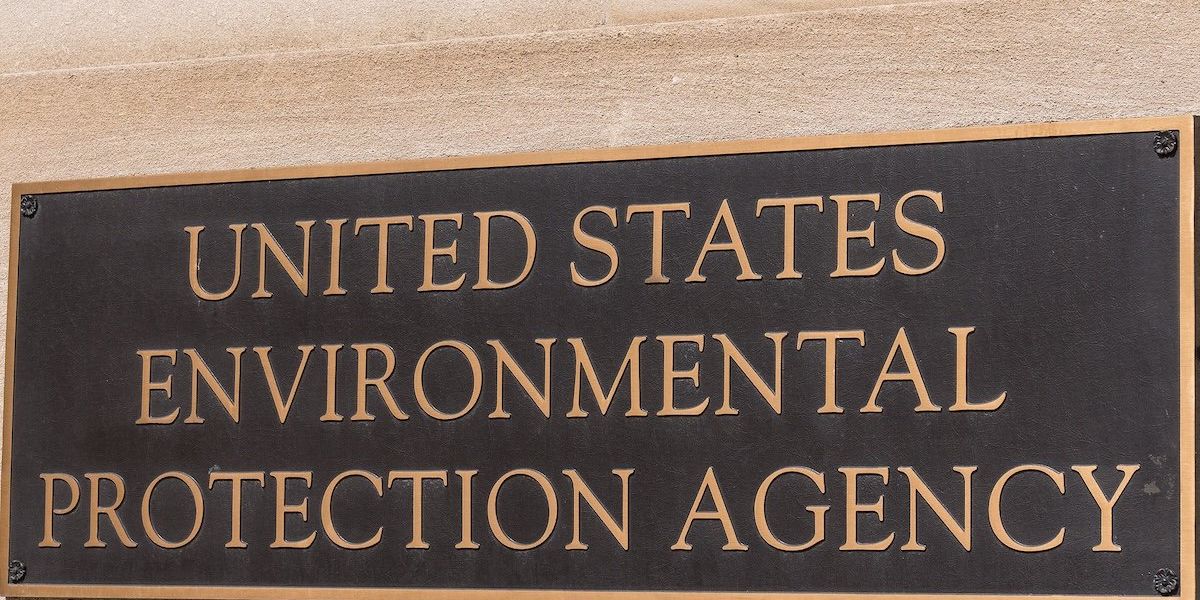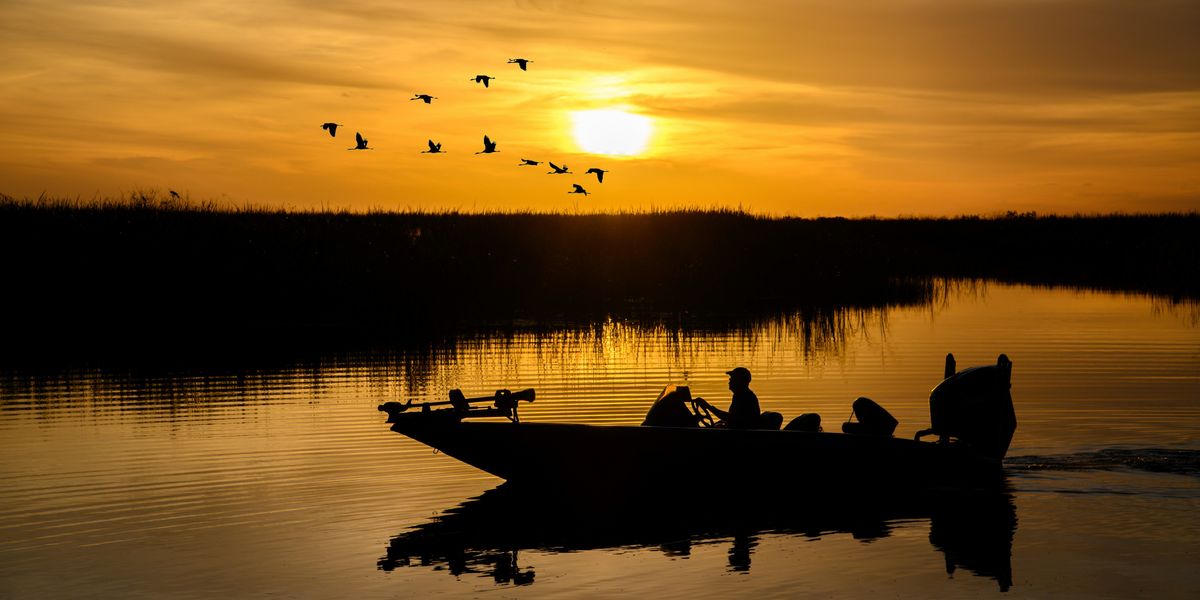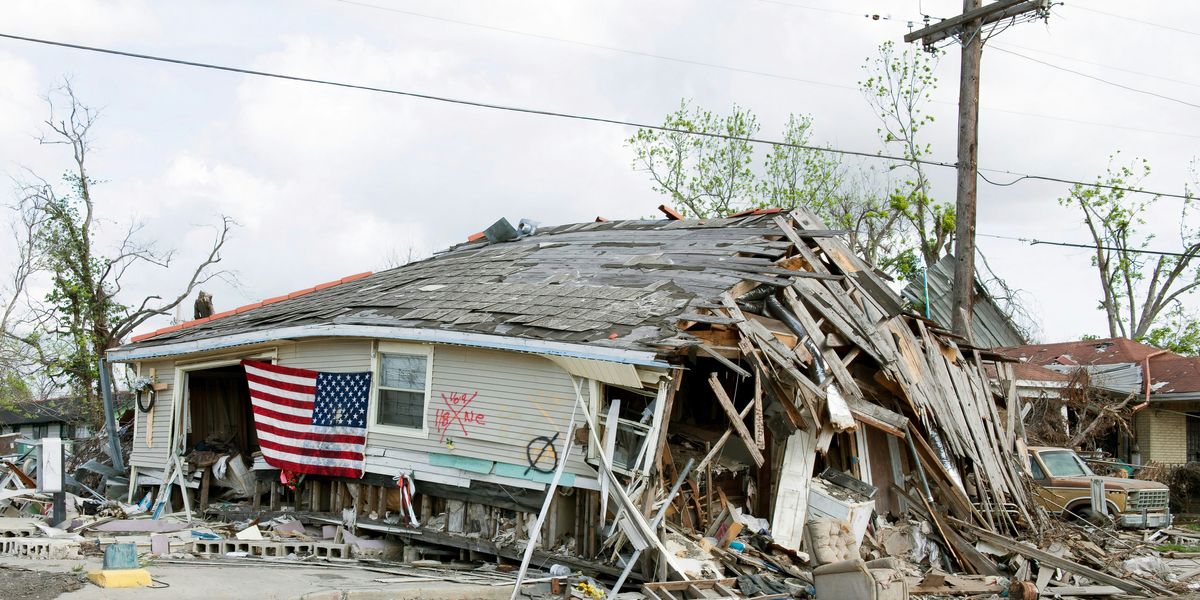planetary boundaries
Defining Anthropocene's start proves challenging
Geologists debate the official start of the Anthropocene, a term describing human impact on the planet, amidst scientific disagreement on its epoch or event classification.
In short:
- The Anthropocene's start date is disputed among scientists, with proposals ranging from early farming to the mid-20th century.
- A recent vote against formalizing the Anthropocene's start as a specific epoch has sparked discussions, not dismissing the concept but questioning its classification.
- Evidence includes nuclear fallout and microplastics, indicating profound human impacts on Earth's geology and atmosphere.
Key quote:
"We will continue to argue the case that the evidence for the Anthropocene as an epoch should be formalised."
— Colin Waters, chair of the Anthropocene Working Group
Why this matters:
Understanding the Anthropocene's start is important for framing humanity's environmental legacy and shaping policies to mitigate ongoing and future impacts on health and the environment. For further reading on straining planetary boundaries: The planet’s largest ecosystems could collapse faster than we thought.
Beyond climate: Oil, gas and coal are destabilizing all 9 planetary boundaries
| BigStock Photo ID: 429319598 |
| Copyright: Gerd Harder |
Overconsumption: Germany needs 3 planets
Will Steffen, climate scientist who warned of a ‘Hothouse Earth,’ dies at 75
Japan’s example: Can forest planting reduce climate disaster risk?
In disaster-prone Japan, torrential rains exacerbated by the climate crisis have caused serious flooding and landslides in recent years, including in the country’s many forests.



















